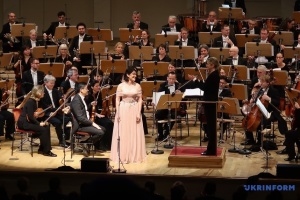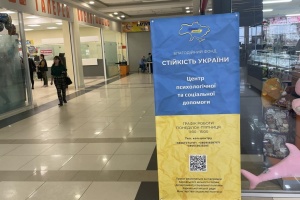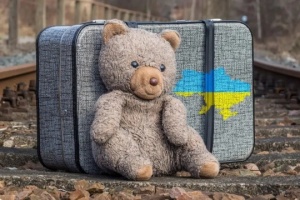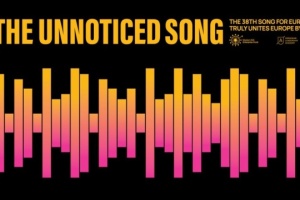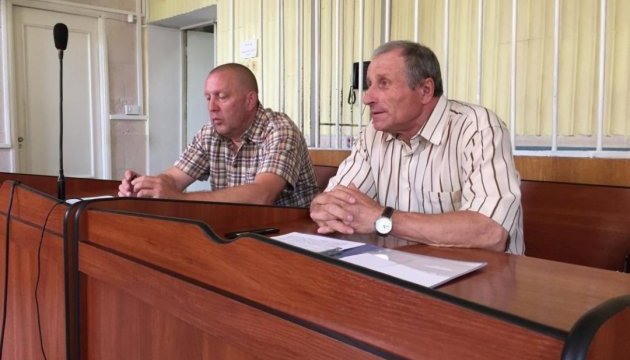
Symbolic "Semena case" or Why Russia is afraid of intelligent journalists
Ukrainian journalist Mykola Semena, while remaining in the occupied Crimea as a fundamental and independent professional, has received a verdict from the Russian court – a suspended sentence for two-and-a-half years of restriction of freedom and deprivation of the right to engage in any public activity for three years.
This was announced today at a meeting of the so-called Zheleznodorozhny District Court of Simferopol.
WHO IS MYKOLA SEMENA?
Mykola Semena was born in Chernihiv region and, after serving in the army, began to work for a local newspaper in Chernihiv region. Realizing that journalism is his vocation, he was enrolled in the journalism faculty of the Kyiv University named after Taras Shevchenko, and graduated from it in 1976. For two years, from 1980 to 1982, he also studied at the department of journalism of the upper secondary school of the Communist Party of Ukraine. In 1982, he moved to Crimea, where he began to work as deputy editor-in-chief of a local newspaper in Sudak. He worked in many Crimean publications and then he became a correspondent of the Russian newspaper Izvestia. Then, in the late 1990s, he switched to Kyiv-based publications - first "Mirror Weekly" and then "Day," where the journalist worked for the last 20 years. "Day" editor Larysa Ivshyna thinks that Semena's main professional quality is "ability to think" and "feel the subject."
But, as the "Semena case" shows, what is in demand in Ukrainian society is considered criminal in Russia.
Semen was tried for his article in the "Opinion" section entitled "Blockade - the First Necessary Step Towards the Liberation of Crimea," which was posted on the website of Radio Liberty. The article, which became the result of journalistic investigation and analysis, as well as a professional's point of view, turned into an object of close attention of the "authorities."
On April 19, 2015, FSB officers came to Mykola Semena's house and conducted searches. The then "prosecutor" Poklonska accused the journalist of writing an article, "which contains statements aimed at violating the territorial integrity of the Russian Federation." Semena denies the charges, because what the court considers "a stimulus of public opinion" is in fact a fulfillment of the journalist's professional duty and a free expression of his opinion. The only problem is that a leading figure of Crimean journalism continues the matter of his life, refusing to "stimulate public opinion" of Crimea in favor of the occupation authorities.
ANOTHER HIGH-PROFILE CASE FOR INTIMIDATION
Therefore, a criminal case against Semena was opened to intimidate all other journalists working in Russia, Crimea, and in mainland Ukraine. Indeed, it is the journalists who are not afraid to think, express their opinion and raise the alarm – a major threat to the occupying country.
Like the other cases opened against Chiygoz and Umerov, the "Semena case" is symbolic: it will happen to anyone who does not agree with Crimean realities.
A common thing between the cases of Umerov and Semena is not only one article, but also the methods used by investigators - the falsification of facts when translating his material.
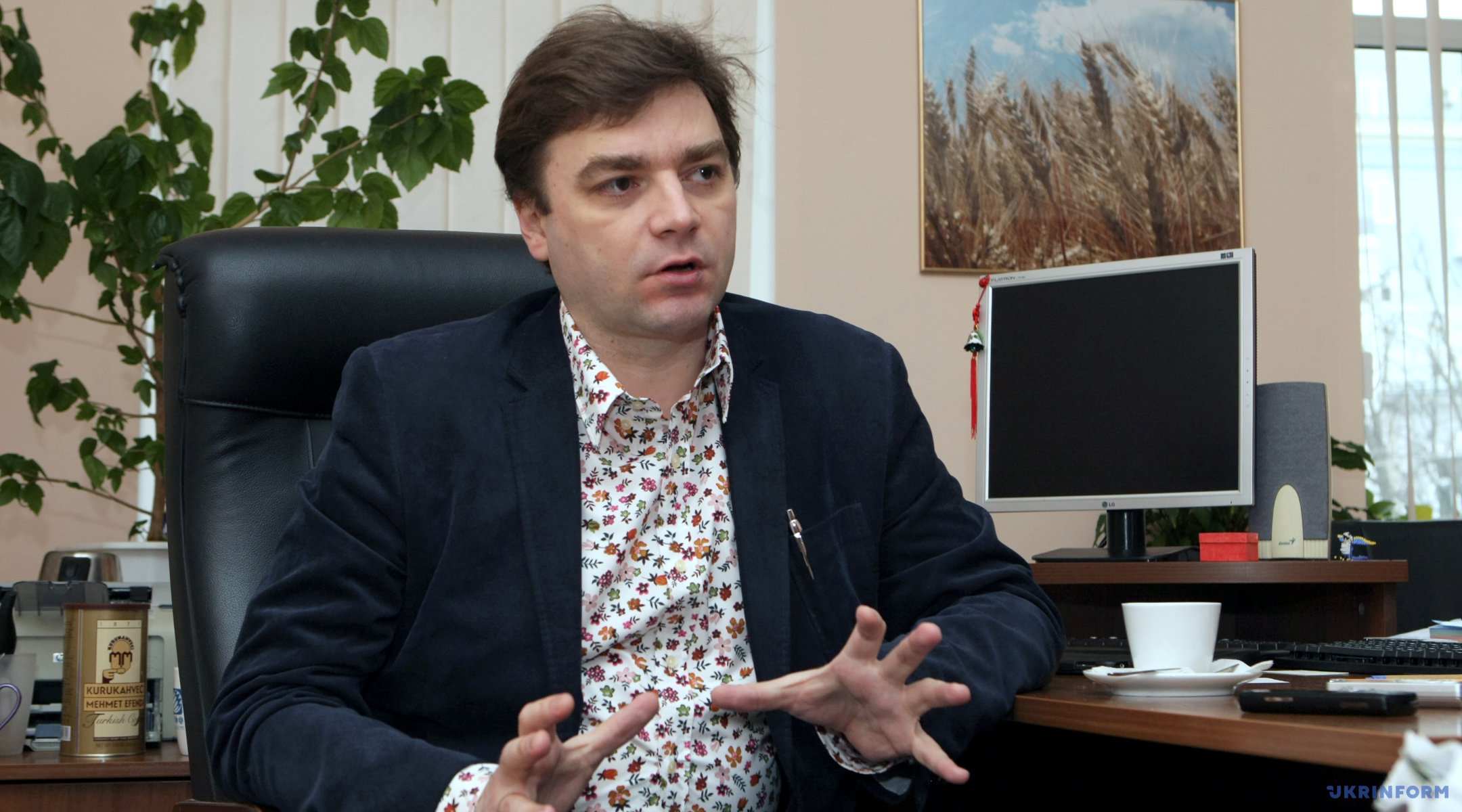
Semena's lawyer, Alexander Popkov, even had to file a petition on the exclusion of inadmissible evidence - translations from Ukrainian and English, which were certified not by the translator, but by the head of a translation agency, Vakhtang Karamolyan, who had not been warned about the responsibility for distorting the translation. Popkov also stated that "translations did not contain whole fragments of the text."
Interestingly, in the cases of Semena and Umerov an expert in the field of linguistics was the same employee of the Russian FSB, Olga Ivanova. According to Popkov, the expertise she has drawn up is an "inadmissible linguistic conclusion," since "the questions are formulated incorrectly and go beyond the scope of linguistic expertise, the subject of research was replaced, and there is no scientific basis."
According to Yelena Novozhilova, representing Semena's defense team, in the conclusion by Ivanova "there is no research part, but only the introductory part and conclusions, which she [the expert] does not practically substantiate." Ivanova's weakness was also obvious in providing scientific sources and in the elementary possession of the language in the "volume of university education." According to the defense team, in this form the expertise contradicts the requirements of the Criminal Procedure Code and discredits the institution of judicial expertise in general.
"All this makes the expert incompetent. According to the materials of this conclusion, it is necessary to recuse the expert," says the defense team, however, as in the case with Umerov, expert opinions are attached to the materials of the case from the side of prosecutors, rather than from the defense team.
STRATEGY OF DEFENSE
According to lawyer Alexander Popkov, one of the main arguments for the defense of Mykola Semena was the international principle of the territorial integrity of Russia.
"The strategy of defending Semena was based on the fact that, according to international principles of territorial integrity, the borders of Russia do not include Crimea," Popkov said in an interview with Ukrinform. According to him, the fact of "Russian Crimea" is still not secured in the Russian legislation, and there is no state border between Kherson region and Crimea. But there is an international treaty with Ukraine on the state border, according to which the border between Ukraine and the Russian Federation passes from Belarus to the Azov Sea. At the same time, Article 15 of the Russian Constitution declares the advantage of international norms of the law if they contradict Russian federal laws.
Russia has no other documents - federal or international, showing a different line of the border. In addition, both in line with international and Russian law, the international principle of the territorial integrity of the state is in force in Russia. According to this principle and the norms of international law, the territory of Crimea is part of Ukraine.
However, the international principle of the territorial integrity of Russia proved to be powerless against the goals of the FSB to make the Ukrainian journalist guilty.
WHO ACCUSES SEMENA?
The charges against journalist Semena were brought not only by FSB officers, but also by his Crimean colleagues. Why did it happen?
The times of Ukrainian free rein in Crimea allowed journalists to be really journalists, to choose "their own" media and earn a living by profession. These times allowed someone to be honest and someone was cunning.
Mykola Semena is one of those professionals who honestly dug up to the truth and walked not beaten journalistic tracks, and who brilliantly wrote, both brief stories and analytical materials. And today against his honesty, secretly or without a shame, are testifying those who once worked for the Ukrainian media. They could simply be silent as a sign of respect for his colleague with whom they once worked in one "shop," but preferred to slander him.
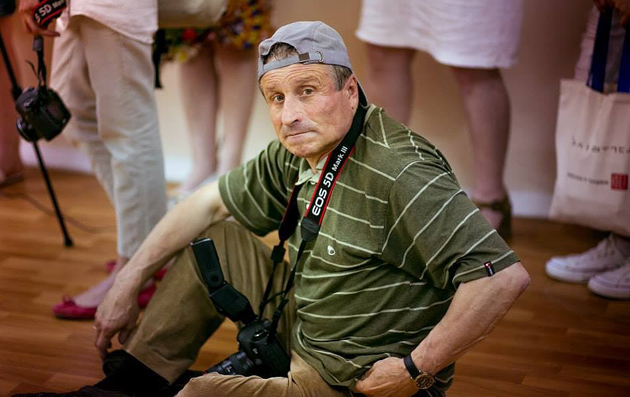
However, on the side of Semena are Ukraine, international journalists, the European Union, and the United States. They called for the persecution of Mykola Semena to be stopped. The Memorial human rights center recognized him as a political prisoner.
The Ukrainian Foreign Ministry has repeatedly called on the Russian authorities of the annexed Crimea to stop the persecution of Ukrainian journalists on the peninsula, in particular, Mykola Semena. In August, the journalist was awarded in absentia "a sign of national respect" in Kyiv.
Mykola Semena also became the first laureate of the prize of Pavlo Sheremet, who was killed in Kyiv in July 2016. Semena was unable to attend the awarding ceremony in Brussels, but his colleagues received the award for him. There they also read out an appeal by journalist Semena, who said he was happy to receive such an award, because Pavlo Sheremet was "one of the brightest journalists in the post-Soviet space," who "spoke and wrote bitter truth, which many do not like."
Serhiy Bobrov, Kyiv

